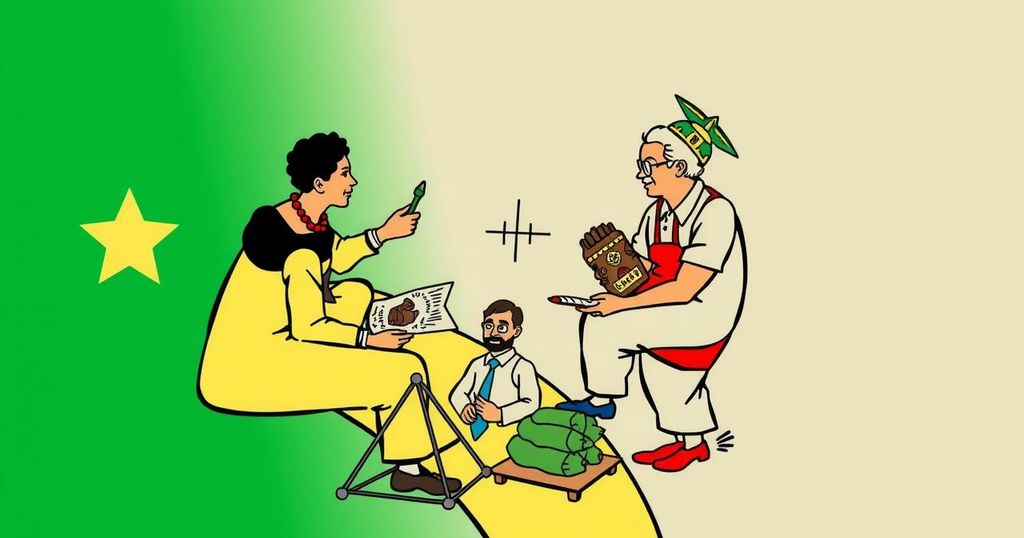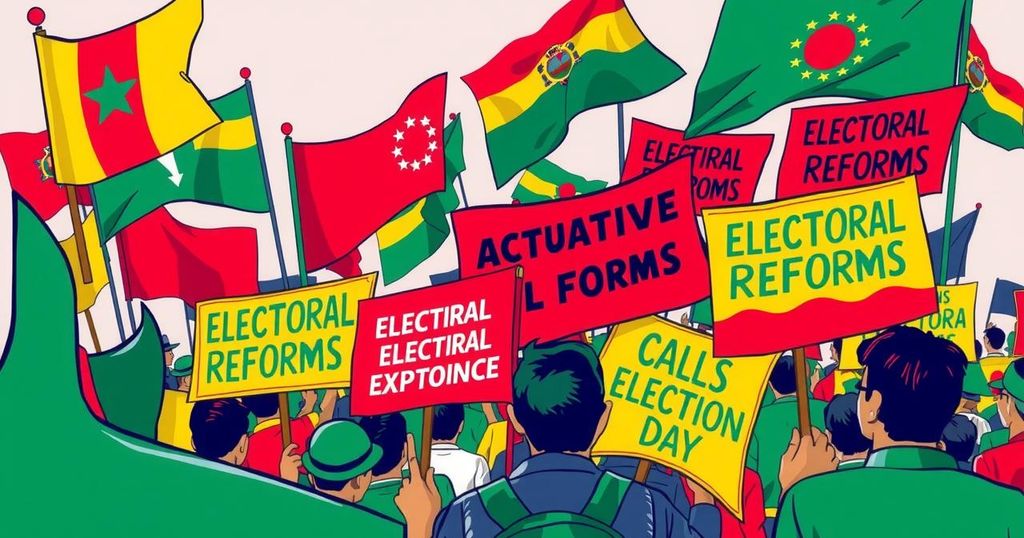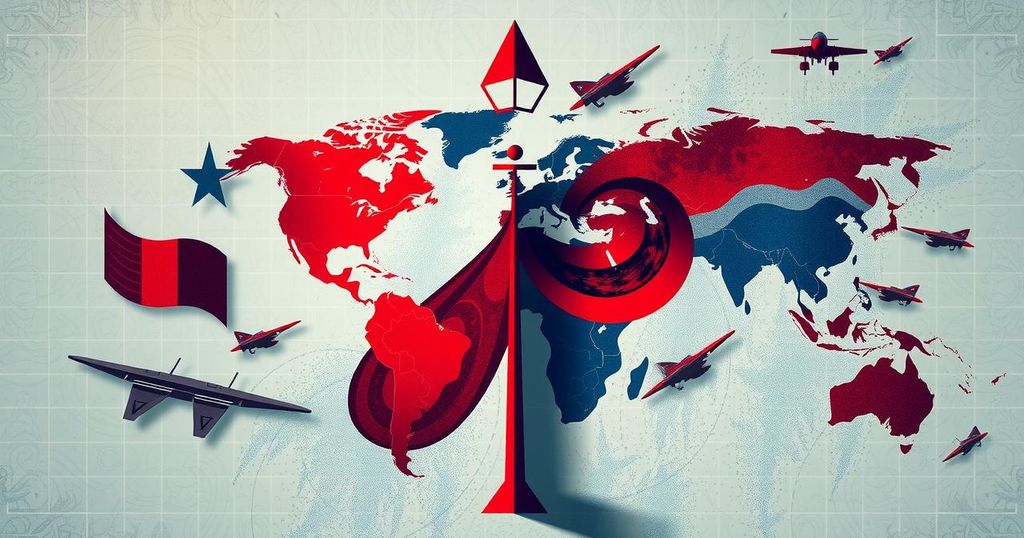Politics
ABEBE HAILE - GABRIEL, AFRICA, AGRICULTURE, BETH BECHDOL, CENTRE, DDG BECHDOL, DEMOCRATIC REPUBLIC OF THE CONGO, DEVELOPMENT, FAO, FOOD AND AGRICULTURE ORGANIZATION OF THE UNITED NATIONS, FOOD SECURITY, GOVERNMENT, H. E. GREGOIRE MUTSHAIL MUTOMB, INTERNALLY DISPLACED PERSONS (IDPS, ITURI, MINISTER OF AGRICULTURE AND FOOD SECURITY, NORTH KIVU, OF EMERGENCIES AND RESILIENCE, REIN PAULSEN, SOUTH, SOUTH KIVU, SUMINWA TU
Leila Ramsay
0 Comments
FAO Engages DRC Government to Tackle Food Insecurity and Build Resilience
High-level discussions between FAO and the DRC government focused on combating food insecurity and enhancing resilience. Approximately 25 million individuals are experiencing severe hunger, exacerbated by conflict. FAO emphasized the importance of agricultural support in IDP sites to promote self-sufficiency. The collaboration aims to address both immediate food needs and long-term recovery efforts for affected populations.
Recently, the Food and Agriculture Organization of the United Nations (FAO) convened high-level discussions with Her Excellency Judith Suminwa Tuluka, the Prime Minister of the Democratic Republic of the Congo (DRC), to enhance their collaborative efforts in combating food insecurity and fostering resilience within vulnerable populations. This dialogue was central to a six-day mission led by FAO officials, including Deputy Director-General Beth Bechdol, who highlighted the agency’s commitment to providing livelihoods for internally displaced persons (IDPs) while meeting their immediate food needs.
FAO’s essential role in DRC comes in light of a dire humanitarian context, with approximately 25 million citizens facing severe food shortages, significantly exacerbated by ongoing conflicts. Furthermore, current analyses predict that by December 2024, nearly 25.6 million individuals may endure acute food insecurity, with about 3.1 million in dire emergency situations. Particularly, the provinces of North and South Kivu, alongside Ituri, rank among the hardest-hit areas where IDP sites struggle under IPC Phase 4 classification.
During their meeting, both the Deputy Director-General and Prime Minister Suminwa Tuluka reaffirmed their dedication to addressing these challenges. The Prime Minister, the first woman in this role in DRC, acknowledged FAO’s significant contribution and expressed her readiness to collaborate towards shared objectives. Bechdol reiterated the importance of investing in agricultural initiatives for displaced populations, underlining how these efforts could cultivate long-term resilience and reduce reliance on humanitarian assistance.
Bechdol’s visit included a tour of the Rusayo 2 IDP Camp in Goma, which houses over 30,000 displaced individuals in challenging conditions. FAO has initiated several projects in these camps to aid displaced families, including supplying micro-gardening kits, livestock support, seeds, and tools to empower them to cultivate their own food. With a substantial portion of DRC’s population reliant on agriculture, FAO’s strategies focus on reinforcing agricultural livelihoods as a means to bolster food security.
The collaborative efforts between FAO, national authorities, and other international partners underscore a robust approach to humanitarian challenges, particularly in the context of protracted crises in eastern DRC. The ongoing engagement promotes not only immediate relief but also sustainable development initiatives, ensuring that vulnerable families recover and thrive despite adversity.
The Democratic Republic of the Congo grapples with severe food insecurity largely attributable to prolonged conflict and instability. Approximately a quarter of its population currently faces hunger, with predictions indicating continuing deterioration in food security over the coming years. The FAO plays a pivotal role in addressing these challenges through partnerships aimed at enhancing agricultural practices and livelihoods among the most affected, particularly internally displaced populations. Understanding the socio-economic factors contributing to food insecurity is crucial for effective intervention strategies.
In conclusion, the high-level talks between FAO and the DRC government signify a proactive step towards addressing the alarming rates of food insecurity and empowering vulnerable communities. Through targeted interventions and partnership collaborations, the initiative aims to alleviate immediate hunger while building long-term resilience among the population. FAO’s commitment to enhancing agricultural livelihoods within IDP camps serves as a model for sustainable humanitarian response, ultimately seeking to improve the overall food security landscape in the region.
Original Source: www.fao.org




Post Comment